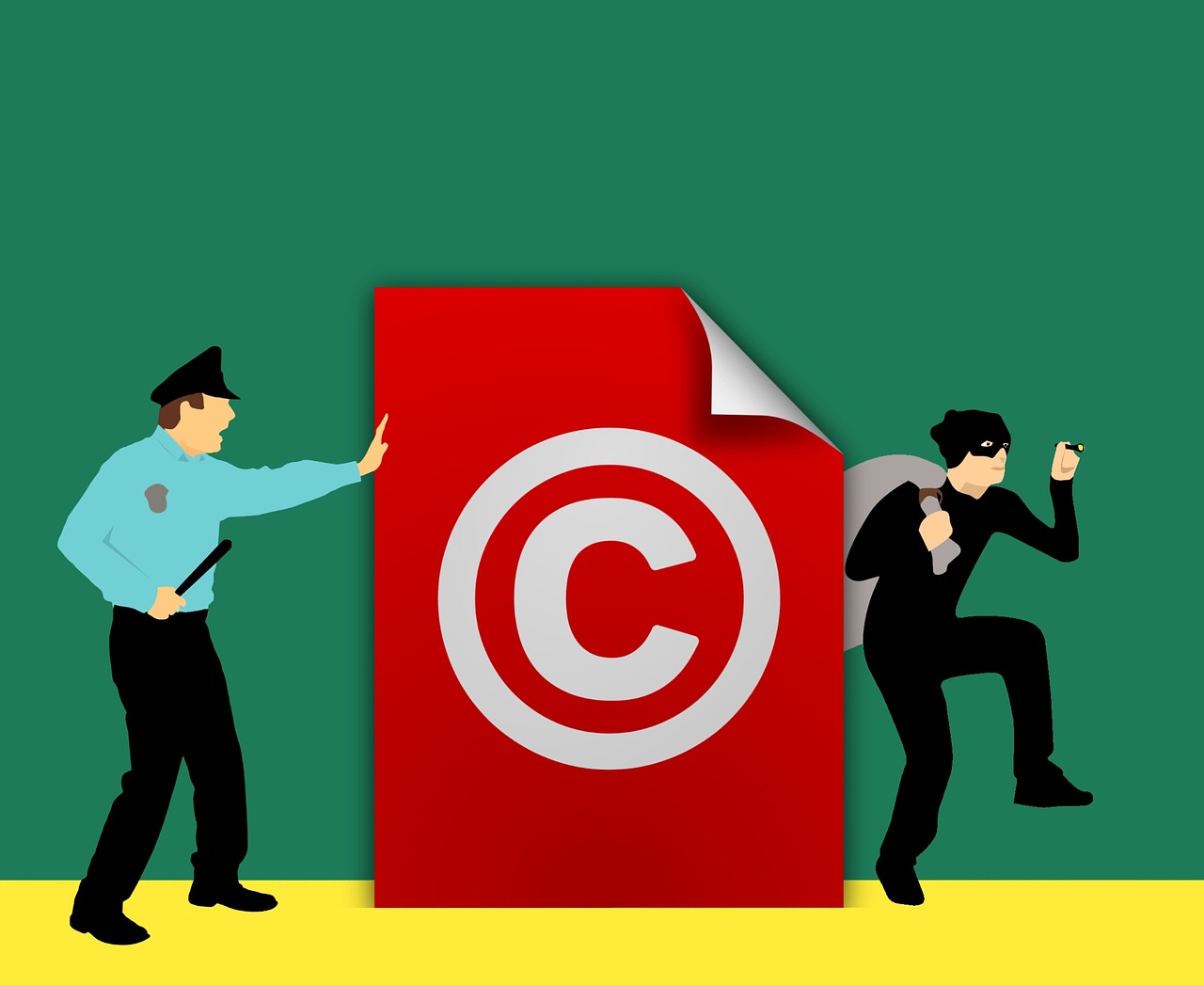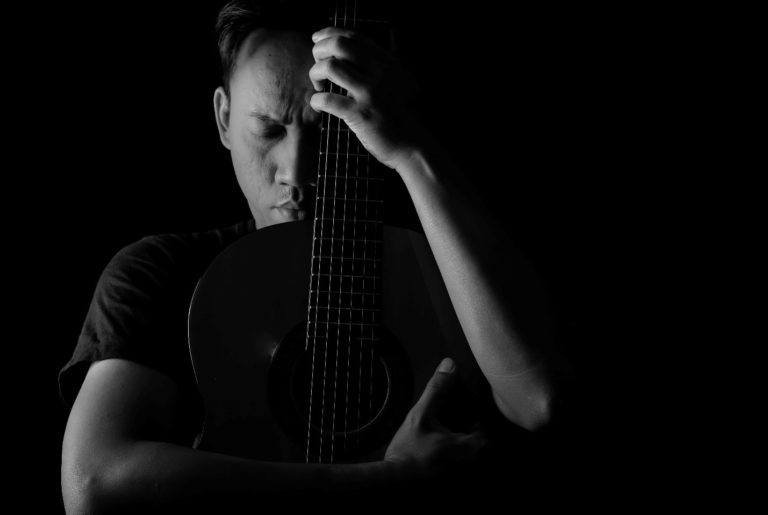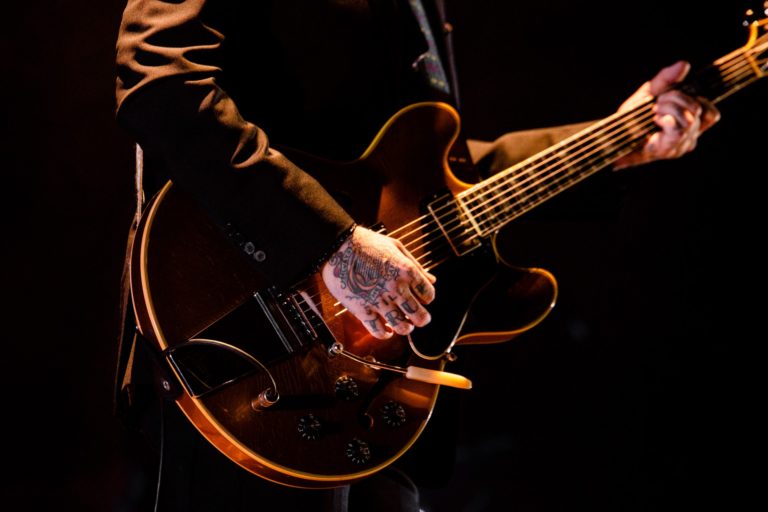Are songwriters paid more than artists?
Producers and companies pay songwriters and artists differently. After all, songwriters get credit for a piece no matter how many people perform the piece. With that in mind, are songwriters paid more than artists?
Because songwriters get mechanical rights, most of them have a chance of being paid more. However, artists are paid more, as they have control over the recording they make. There are few cases where songwriters make more than artists.
The cut of who becomes what comes down to who owns the rights to the licensing and publishing rights of a song. This generates the major money. A portion of this also goes to producers, depending on legal agreements.
Navigating music rights can be tricky. This is especially as the music itself isn’t seen as valuable as certain recordings. This throws a curveball into who earns more—songwriters or artists. So do songwriters get paid more than artists for a song?
Publishing vs Licensing
The major headache for any musician is the issue of copyright. It’s a legal minefield that can drive you mad if you are not careful.
What anyone needs to understand, though, is that copyright is broken down into two main areas: publishing and licensing. When dealing with these aspects, we can simply put as it:
- Publishing deals with the sheet music and the song itself
- Licensing focuses on single recordings and their commercial use
Licensing is often the messier of the two areas. This is because third parties—like record labels, producers etc.—can also have their say on their use.
However, this isn’t the same with publishing. After all, the publishing rights cover everything that makes up the songs.
This severely limits who can claim ownership on a song and benefit from its use. But that also leaves a lasting legacy, as the writers can benefit from additional versions of a song recorded further down the line.
Publishing Laws Revealed
When going by US Copyright law, publishing laws are broken down into three main areas:
- Songs recorded before Jan 1, 1978
- Songs recorded before 1978 and registered after Jan 1, 1978
- Songs recorded after Jan 1, 1978
If a song is recorded and registered before Jan 1, 1978, then the rights begin 75 years from when they were registered.
However, works after that date are protected until 70 years after the author dies. This extends even further for co-authors as the 70-year timeframe kicks in once the last surviving author dies.
This, therefore means, that whoever owns the published music should be entitled to the fortitude of money should they develop a smash hit, right?
How artists can leverage more control over their music
If you were to put the law into practice, you would think that songwriters would score all the money. Unfortunately, that isn’t the case.
After all, publishing laws dictate that any royalties from these rights go to whoever owns the master recording of a particular song.
This gives an advantage to the artist themselves as they will receive the lion’s share of feeds generated by song sales, streaming use or videos on social media.
What this does is put the share astronomically in the artist’s favour as they receive royalties on this front. That can see them getting upwards of 90% of the earnings—leaving the songwriter with a measly 10%.
Taylor Swift’s masters battle
No example has made this topic stand out quite like Taylor Swift’s battle with Scooter Braun. This battle has raged on as Swift fought to gain the master recordings of her first six records from her old record label — Big Machine Records.
This was because the master recordings were not owned by Swift. Instead, they were owned by Big Machine’s owner—Scooter Braun. This gave Braun primary ownership of many of Swift’s biggest hits. These include “Love Story”, “You Belong With Me” and “Shake it Off.”
After Swift left the record label in 2019 to join Universal Records, she began a heated campaign to win the rights back—which Braun relented in doing.
She fought back and started re-recording her old albums in 2021—keeping all rights to herself. Braun sold the rights to Disney’s Shamrock Holdings for $300m, ending his role in the dispute.
Since then. Swift has released 3 re-recorded albums—each defined as “Taylor’s Version”. Swift will gain more income from these new recordings, rather than earning less from the originals.
How songwriters earn more money than artists
You would think then that the publishing rights nullify the songwriters’ vs artists’ debate straight away. But that is hardly the case.
Licensing laws give songwriters a much bigger chunk of the royalties received whenever using a song.
After all, songwriters already earn 9c for every sale or play that their song generates—regardless of whether it is a physical or digital copy.
Songwriters earn royalties from their songs being used elsewhere—such as at live shows, radio or in a public venue.
These “performance royalties” vary depending on the deals negotiated between a songwriter’s union (e.g. ASCAP) and the body playing it—such as a media company or a band.
It’s here where the royalties stack up, but there is one other source that proves to be far more lucrative: TV and film.
Sweet synchronization
For songwriters, “synchronization fees” provide the biggest boost in terms of direct income for a particular song being used.
Songwriters contract synchronization fees amounts agreed upon between songwriters and a media company. This way, partners can use a song how they wish–such as in an ad campaign or in a TV series.
It’s why this can bring big money fast should someone be lucky enough to land on a featured platform. For example, let’s take British chocolate maker Cadbury’s advertising campaign in the mid-2000s.
The campaign featured Phil Collins’ 1981 hit “In the Air Tonight” being mimicked and played by a gorilla.
It was a campaign that cost Cadbury’s over £6 million to make. It saw huge airtime across international networks throughout 2007 and 2008.
This surge generated Collins tens of thousands in terms of income from the song’s use. There was also a resurgence in the charts—breaking the UK top 20 in 2007 and hitting number 1 in New Zealand in 2008.
What this shows is that songwriters can hit it big if they can find the right deal for their song. This happens even decades after it was first released.
Owning rights to your music and how it affects earnings
For artists and songwriters, though, there is one fight that always persists: the right to earn recognition for your hard work.
After all, the debate over who owns the rights to a song can become increasingly heated without proper recognition.
This can see long, drawn-out legal battles and see artists lose thousands in royalties if they don’t acknowledge original composers properly.
It was why Olivia Rodrigo took action in 2021 and cited writing credits to the likes of Paramore when her hit “Good 4 U” came out.
Many people drew comparisons to Paramore’s hit single “Misery Business” to the point that Rodrigo added the entire band as co-writers for the hit itself. It’s not all that simple though.
Men at Work controversy
Proof in point was the 2009 legal dispute surrounding Australian band Men At Work’s 1980 hit “Down Under”. For many years, fans had recognised that the band created an original work.
However, this all changed in 2009 when Australian company Larrikin Music claimed that the flute parts ripped off a 1930s folk song called “Kookaburra” which they owned the rights to.
The claims were refuted by Men At Work members Colin Hay and Greg Ham and led to a legal battle in 2010. However, the judges ruled in favour of Larrikin Music.
The battle resulted in both the band and EMI having to provide the company with royalties dating back almost 10 years as well as 5% of any royalties generated by the song in the future.
It is this sort of battle that shows how knowing how music rights work could see songwriters and artists work against each other if they are not careful.
So, who are paid more, artists or songwriters?
In reality, there is a vast difference when comparing are songwriters and artists. If a songwriter owns the rights to their own music, then the debate is relatively void.
Artists will always benefit more from the recording themselves, especially if they have the master rights to their work.
However, songwriters can find excellent sources of income that could outrank artists if they strike a deal to use a song in particular media outlets that generate mainstream success.
These can provide unseen challenges and both artists and songwriters ought to acknowledge outside influences before they complete their pieces.






